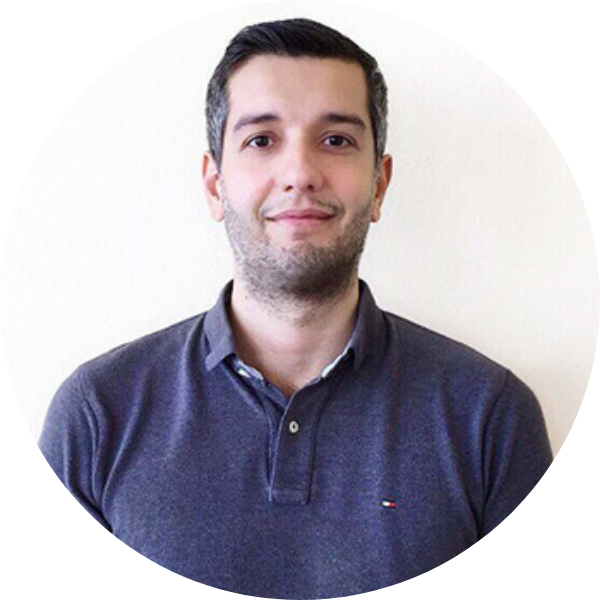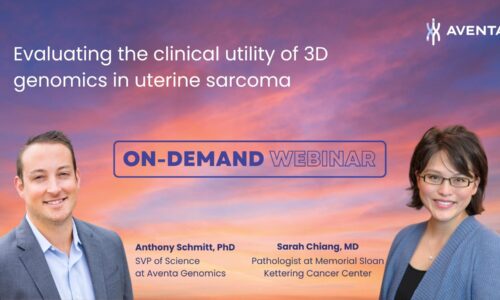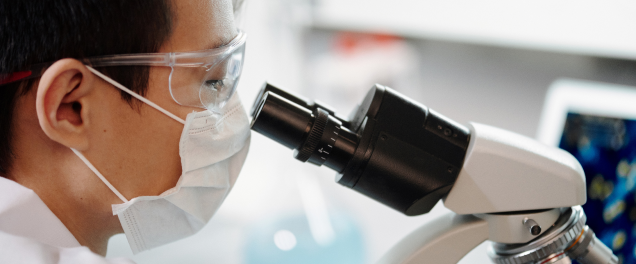September 18, 2021
Share
Transcription Factors and the Epigenome
Transcription factors are key players in shaping the epigenome and determining cell fate/state in normal tissues and pathophysiological settings such as cancer. Techniques for epigenome mapping such as ChIP-seq are widely employed to characterize genome wide occupancy of TFs and the underlying features of the transcriptional regulatory elements they engage. However, such profiling techniques alone provide only a descriptive snapshot of a given cell’s cistrome.
A Multi-Omics Approach to Identify Novel Targets
The Galli laboratory employed high-throughput functional epigenomic screens to characterize which TF-bound regulatory elements are critical in driving specific phenotypes. Using Estrogen Receptor (ER) as a prototypical oncogenic transcription factor, they revealed that only a small subsets of ER-bound enhancers are necessary for ER-driven cancer cell proliferation. Such enhancers are enriched with specific ER co-factors GATA3 and TFAP2C.
By combining CRISPR screens coupled to single cells RNA-seq (CROP-seq) and 3D Hi-C maps, they reconstructed the minimal transcriptional network engaged by Estrogen Receptor to propagate its oncogenic proliferative program and identified TFAP2C as a novel target in ER-positive luminal breast cancer.

Giorgio Galli, PhD
Group leader at Novartis Institutes for Biomedical ResearchDr. Giorgio Galli obtained his PhD at the Biotech Research and Innovation Center and University of Copenhagen in Denmark, working on the molecular functions of the transcription factor PRDM5 in embryonic development and cancer. He then did his post-doctoral training at Children’s Hospital in Boston and Harvard Stem Cells and Regenerative Biology, working on Hippo pathway transcriptional complexes in adult stem cells and cancer.
In 2015, he set up his lab at the Novartis Institutes of Biomedical Research in Basel, Switzerland, in the Oncology Department, focusing on large scale functional genomic screens. He then became Group Leader in the Oncology Drug Discovery Biology unit. His laboratory focuses on characterizing the molecular mechanisms engaged by transcription factors and chromatin remodeling complexes to drive novel drug discovery programs.




